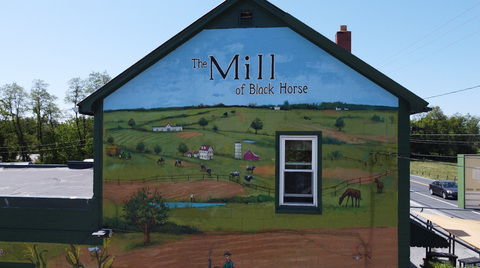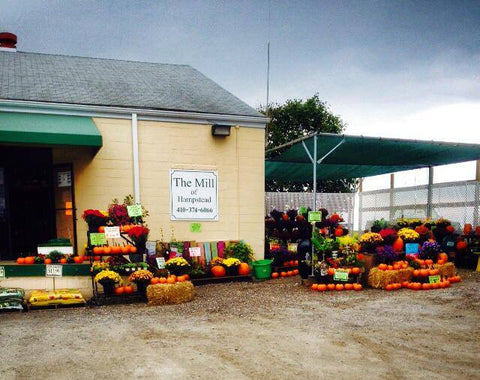So, why do we fertilize our plants? Plants need to be healthy to produce fruit, flowers, leaves and grow to their maturity. Plants require nutrients, water, sunlight, and proper soil to grow successfully.
The Importance of Soil pH
Soil pH controls the availability of nutrients in soil. pH measures acidity or alkalinity of the soil. Adjusting soil pH can allow plants to absorb optimal nutrients needed for growth. A soil test determines what your soil needs to develop a correct pH for the plants you are growing.
Understanding Soil Health and Nutrients
Good soil is alive with microorganisms and contains macronutrients, secondary macronutrients, and micronutrients. Water traveling through air pores in soil carries these organisms and elements to the root hairs where they are absorbed into the plant. Too much of an element can inhibit the absorption of other elements, so knowing what your soil consists of through a soil test lets you know what you need to add.
Types of Fertilizers
Fertilizers can be liquid or dry, synthetic, commercial, or organic and they all come in various formulations.
Synthetic or Commercial Fertilizers
-
Typically dry and slow-release
-
Check labels for components
Organic Fertilizers
-
Harvested from living plants or animals
-
Lower NPK than commercial products
-
Certified by the Organic Materials Review Institute
-
Usually dry and slower acting; fed over a longer period
Liquid Fertilizers
-
Act faster than dry fertilizers
-
Work best in cooler soils
-
Used in seedling production or when starting seeds
Compost
-
Most variable in structure and formulation
-
Uses soil nitrogen to continue breakdown
- Garden Guru Advice: you get what you pay for, so make sure your compost is heat composed long enough to control pathogens and weed seeds.
Essential Nutrients in Fertilizers
Major Nutrients
-
Nitrogen (N): Promotes greening and leaf production; excess can cause weak growth and reduce flowers/fruit.
-
Phosphorous (P): Stimulates root and bloom development; overuse can contaminate waterways.
-
Potassium (K): Improves drought and disease resistance; increases seed quality.
Minor Nutrients
-
Calcium (Ca): Improves root formation, plant vigor, and regulates nutrient absorption; deficiency causes bottom rot
-
Magnesium (Mg): Aids chlorophyll formation, phosphorus metabolism, and nutrient uptake; supports mycorrhizal formation
-
Sulfur (S): Promotes dark green leaves and seed formation; essential for amino acids and vitamins
Micronutrients
-
Boron (B): Required for cell division and seed development; enhances calcium absorption
-
Chlorine (Cl): Assists water movement through the plant
-
Copper (Cu): Supports enzyme activity and chlorophyll production
-
Iron (Fe): Required for chlorophyll synthesis; deficiency causes yellowing leaves
-
Manganese (Mn): Metabolizes nitrogen and activates enzymes for plant growth
-
Molybdenum (Mo): Supports enzyme activity at the cellular level
-
Cobalt (Co): Essential for nitrogen fixation, especially in legumes
Fundamental Elements
-
Carbon, Oxygen, Hydrogen: Obtained from water and air; essential for plant life
-
Ensure plants have optimal sunlight and water for their variety
Timing and Methods of Fertilization
Trees and Shrubs
-
Fertilize as they come out of dormancy
-
Avoid fertilizing stressed or dormant plants
-
Newly planted trees/shrubs: water and maintain until following spring before fertilizing
-
Compost at planting improves root absorption
Vegetables and Annuals
-
Benefit from frequent fertilization for fruit and flower production
-
Standard: once monthly
-
Containerized or raised bed plants during drought: bi-weekly at half rate
Soil Improvement Tips
-
Top dress with quality compost in early fall
-
Freezing and thawing enhances nutrient absorption into roots over winter
Recommended Fertilizers
For reliable plant nutrition, shop Espoma fertilizers at The Mill for a wide range of organic and specialty options suitable for vegetables, ornamentals, trees, and shrubs.
























